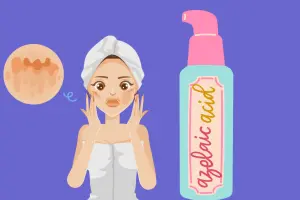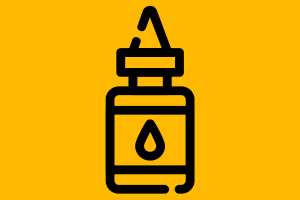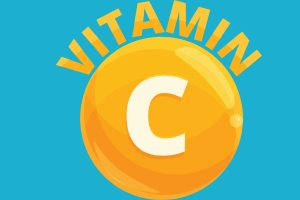The primary cause of pigmentation is inflammation.
Keep that inflammation down, and your pigmentation is under control. Do things to inflame your skin or further exacerbate the already inflammed skin; your skin will pigment.
Here are 9 factors that can make pigmentation worse…
1. You are not exfoliating enough
Exfoliate regularly. Exfoliation removes pigmentation in the cells of the top layer of the skin.
Opt for chemical exfoliants over physical exfoliants.
After exfoliation, use an anti-inflammatory ingredient on your skin. Doing this helps calm your skin.
2. You exfoliated at the wrong time
Don’t exfoliate before or after threading or waxing your skin.
Please don’t do it all in one day. It’s too much trauma for your skin. It’s a good idea to leave a couple of days in between.
Try to keep exfoliation in your nighttime routine.
Sunscreen is a daily must, but it is doubly important if you are stepping out after exfoliating.
3. You are not using sunscreen
Sunscreen is mandatory. Use it daily and reapply regularly.
Ensure it’s a broad-spectrum sunscreen with a SPF of at least 30.
4. You are indoors the whole day, so you see no need to apply sunscreen
Sun’s UV rays can travel through glass. So, even indoors, if your windows are not covered, put on sunscreen.
5. You are not using any anti-inflammatory ingredients
The skin may be inflamed constantly with varying degrees of visibility and extent of inflammation.
So, make anti-inflammatory ingredients a mandatory part of your skincare routine. The easiest way to do this is to ensure your moisturiser has anti-inflammatory ingredients. Most of us use a moisturiser daily, so having some anti-inflammatory ingredients is a safe bet.
If you have acne or other minor skin trauma (eczema and rosacea are a couple of examples), regular use of a separate anti-inflammatory product is essential.
6. You are not using tyrosinase-inhibiting ingredients
Tyrosinase is an enzyme found in the skin that helps produce melanin. Hyperpigmentation occurs when there is an excess of melanin in the skin. In darker-skin-toned people, the tyrosinase enzyme overproduces melanin when the skin is inflammed.
Since the skin is often inflammed, at least to a small degree, it is essential to use tyrosinase-inhibiting ingredients regularly.
This is especially important if you have a darker skin tone, but it is optional if you have fairer skin.
7. You believe only in regular facials
Don’t get me wrong. Regular facials are good, but they are more of a maintenance procedure. They are not effective at addressing your skin’s core concerns.
It would help if you had treatments like skin needling, dermafrac, and dermabrasion. Only a professional can administer these treatments.
If you can’t afford both the regular facials and these treatments, consider skipping the regular ones and opting for these instead.
8. You are not giving the skin TLC on the days it deserves some
Maybe you are constantly near a heater.
Maybe you were out in the sun a lot that day.
Maybe your skin feels dull and dehydrated.
Maybe your skin is red and irritated, and you don’t know why.
It could be any of these reasons or something else.
The bottom line is that when your skin has had a rough day and feels inflammed, you should immediately apply that anti-inflammatory ingredient more often than usual.
Use tyrosinase inhibitors.
This is especially important if you have a darker skin tone.
Give it all the tender love and care it deserves, and bring it back to normal as quickly as possible.
9. You are not using Vitamin A
These are ingredients like retinol, retinoic acid and tretinoin.
They must be a regular part of your skincare routine. They rejuvenate the skin, almost like giving it a new life 🙂
If you do the right things, avoiding or reducing pigmentation is easy. Once pigmentation occurs, however, it is often tough to get rid of it.
There is a second type of pigmentation called hypopigmentation. Hypopigmentation occurs when a section of skin becomes paler than the rest. Once it appears, this type of pigmentation is almost impossible to eliminate. To prevent it, use sunscreen (and reapply it regularly).




